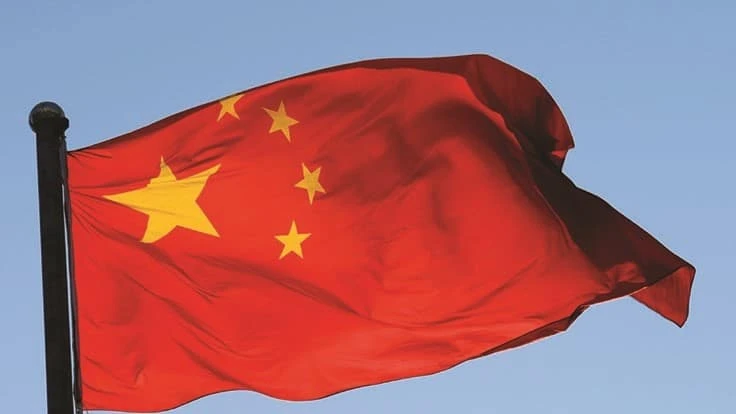
istockphoto.com
The Brussels-based Bureau of International Recycling (BIR) says its sources in the People’s Republic of China have confirmed that China’s Ministry of Ecology and Environment (MEE) intends to ban the import of materials it considers “solid wastes” in 2021.
Starting in 2021, the MEE will “no longer accept and approve import applications for solid waste,” according to the BIR. The recycling association says news of the confirmation came from an MEE press conference held in late June.
Pertinent to the newest regulations, the BIR says the MEE considers them “in line with the policies applied since 2017 to reduce the import of ‘foreign waste.’” The recycling association also says China will place a newly revised “Law on the Prevention and Control of Environmental Pollution by Solid Wastes” into force Sept. 1, “clarifying the legal requirements for the identification of attributes of imported goods ‘suspected of [being] solid wastes.’”
The dilemma for metals, plastic, paper and board producers in China—and the global traders who supply them—is that the Chinese government has in the past several years included a broad range of commonly traded secondary commodities in its “waste” classification.
Metals producers have been attempting to get higher grades of nonferrous and ferrous scrap to be reclassified as a “resource” rather than a waste. The nonferrous sector may soon benefit from that designation, while the ferrous sector is now exploring taking a similar path.
Plastics scrap imports have been scrutinized and subject to restrictions and bans for several years. The 2021 ban seems to also prohibit scrap paper imports, which have helped feed China’s sizable containerboard and paperboard industry for the previous two decades.
Paper and board producers in China have seemingly been preparing for the ban, in part by building or buying pulping facilities overseas so they can ship pulp, which has not been deemed a “waste” material.
The ability of Chinese metals and paper producers to pay for overseas scrap and create new products is well established and is demonstrated in part by the recently issued ninth batch of 2020 scrap import quotas. According to a separate BIR press release, the MEE’s ninth batch allows for more than 175,000 metric tons of copper scrap, nearly 210,000 metric tons of aluminum scrap and more than 1.1 million metric tons of recovered paper to enter China.
Latest from Recycling Today
- BMW Group, Encory launch 'direct recycling’ of batteries
- Loom Carbon, RTI International partner to scale textile recycling technology
- Goodwill Industries of West Michigan, American Glass Mosaics partner to divert glass from landfill
- CARI forms federal advocacy partnership
- Monthly packaging papers shipments down in November
- STEEL Act aims to enhance trade enforcement to prevent dumping of steel in the US
- San Francisco schools introduce compostable lunch trays
- Aduro graduates from Shell GameChanger program





